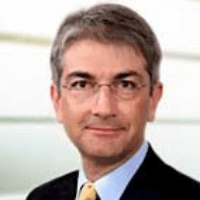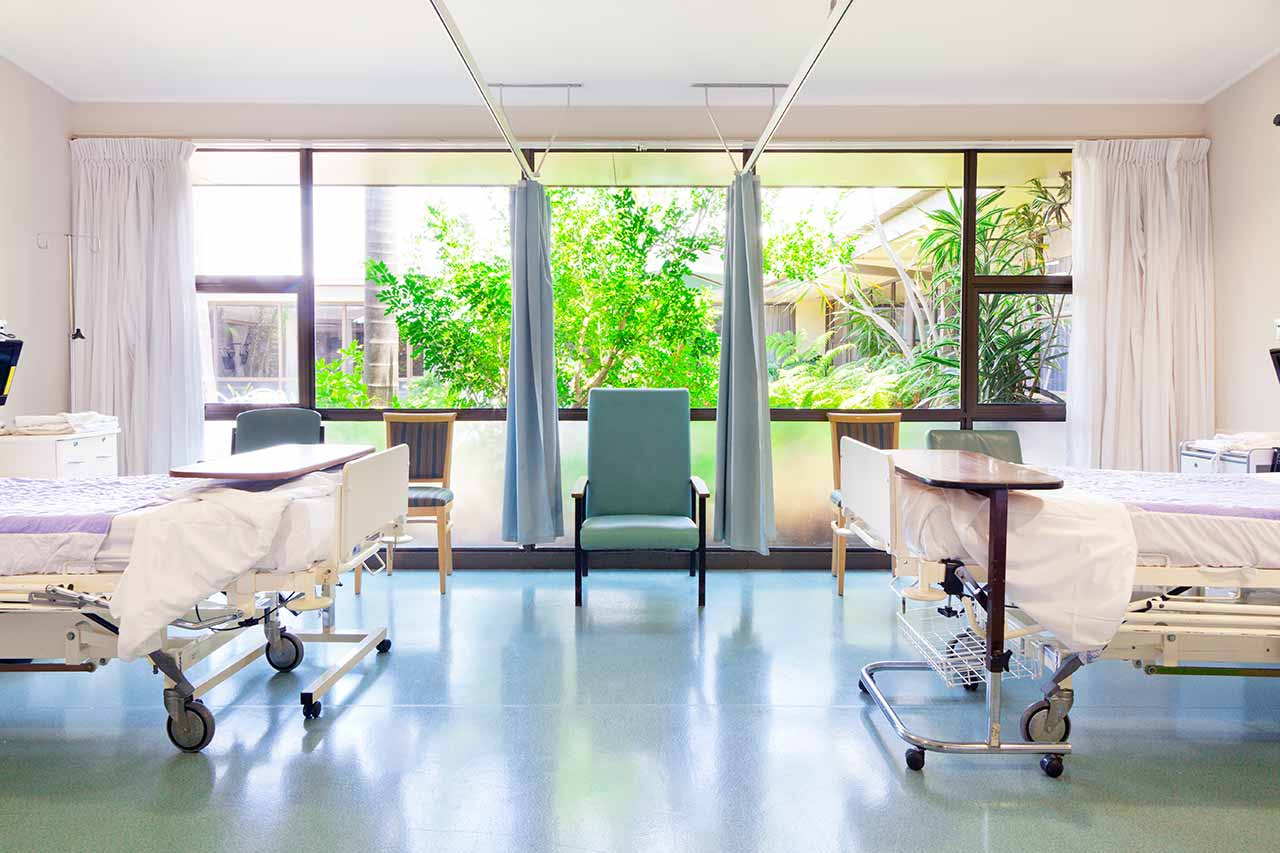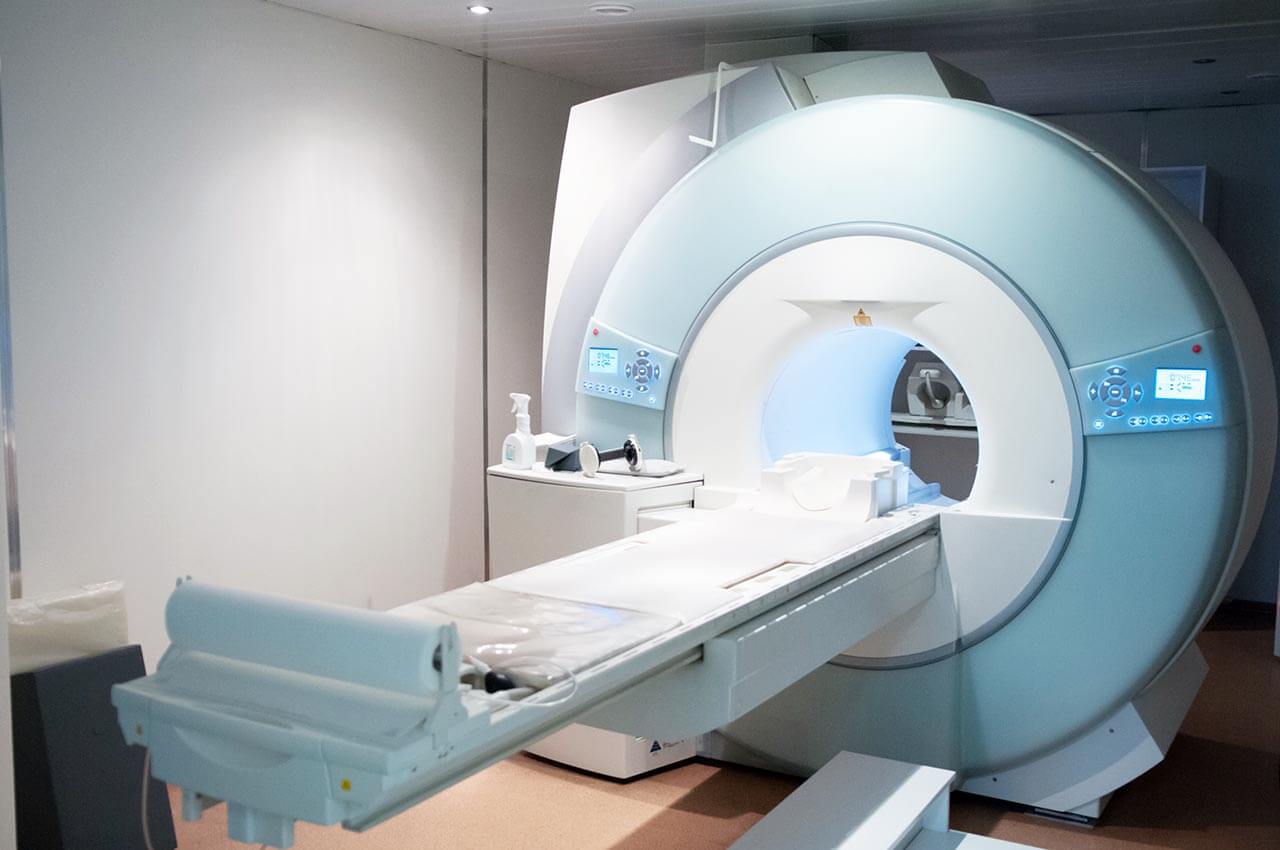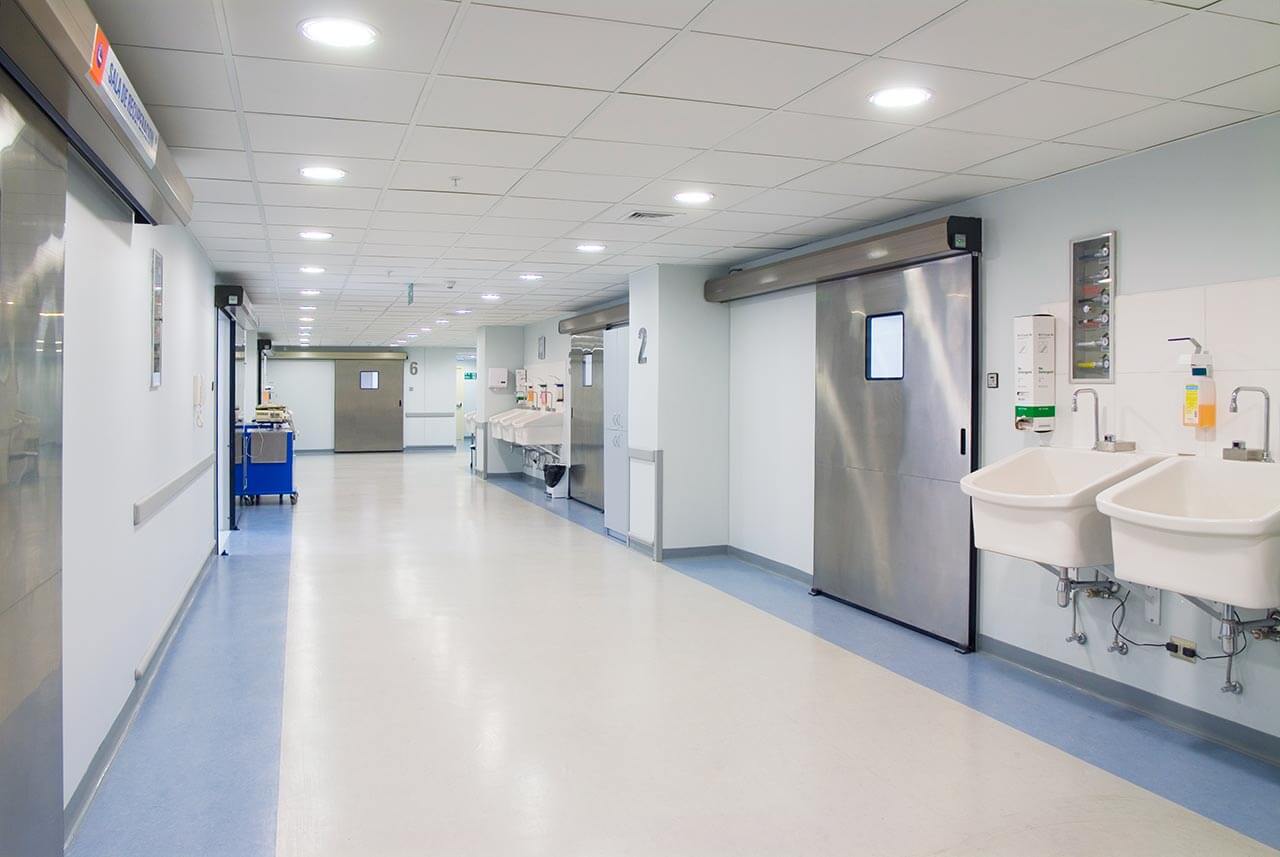
The program includes:
- Initial presentation in the clinic
- clinical history taking
- review of medical records
- physical examination
- laboratory tests:
- complete blood count
- general urine analysis
- biochemical blood test
- inflammation markers (CRP, ESR)
- blood coagulation analysis (aPTT, PT, INR)
- ultrasound of the urogenital system
- CT/MRI of the abdomen and pelvic organs
- renal biopsy with histological study
(if indicated clinically, additional cost is 3500€) - consultation of related specialists
- symptomatic specific treatment
- the cost of essential medicines and materials
- nursing services
- control examinations
- full hospital accommodation
- developing of further guidance
Required documents
- Medical records
- Pelvic ultrasound (if available)
Service
You may also book:
 BookingHealth Price from:
BookingHealth Price from:
About the department
The Department of Nephrology at the University Hospital Saarland Homburg offers the full range of high-quality services in the field of its competence. Particular attention is paid to the treatment of kidney failure. Patients with progressive forms of the pathology receive renal replacement therapy (hemodialysis, peritoneal dialysis, and other types of treatment). The department has excellent equipment for innovative diagnostic and therapeutic procedures. The medical facility has 40 beds for patient hospitalization. Patients also receive medical services in specialized outpatient clinics for general kidney diseases, glomerulonephritis, kidney cysts, nephrogenic arterial hypertension, and other diseases. The medical facility is part of the Transplant Center, so the team of doctors provides preparation and follow-up care for patients after kidney transplant surgery. The department has long clinical experience and rich traditions, which guarantee impeccable treatment results.
The department is headed by Prof. Dr. med. Danilo Fliser. The specialist has more than 20 years of successful clinical practice. He is actively engaged in research activities, supervises research in nephrology, publishes his articles in world-renowned medical journals, and is a member of many professional societies, including the German Society of Nephrology (DGfN), the German Hypertension League (DHL) and the International Society of Nephrology (ISN).
Upon admission to the department, a patient undergoes comprehensive diagnostics, including the full range of laboratory tests and ultrasound scans. In some cases, imaging tests (CT or MRI scans), radioisotope imaging tests (renal scintigraphy), and renal artery angiography may also be required, which are performed in a specialized department. After studying diagnostic results, the attending physician makes an accurate diagnosis and proceeds to develop an optimal treatment regimen.
Patients with such kidney pathologies as kidney failure, infectious and inflammatory processes in the kidneys, kidney cysts, glomerulonephritis, arterial hypertension, vasculitis caused by kidney lesions, and kidney lesions of a rheumatic origin most often seek medical attention from the department. The department's specialists cooperate closely with transplant surgeons to provide the necessary care to patients before and after kidney transplant surgery. Kidney transplants have been performed at the University Hospital Saarland Homburg since 1984. The department's doctors therefore have rich experience and unique knowledge in the preparation of patients for transplant surgery and follow-up care aimed at normal engraftment of the transplanted kidney and patient recovery after the surgical intervention.
The department provides all modern types of conservative treatment for kidney diseases. The first-line treatment is drug therapy, which, depending on the particular type of kidney disease, may include the intake of antibacterial, antifungal, and antiviral drugs, analgesics and antispasmodics, immunomodulators, and other drugs. If drug therapy does not give the desired result, the department's doctors switch to the second-line treatment, namely renal replacement therapy. This type of treatment is provided within the specialized Dialysis Center, where advanced equipment is available for hemodialysis, peritoneal dialysis, hemofiltration, plasmapheresis, immunoadsorption, lipid apheresis, and other therapeutic procedures. The department's Dialysis Center is designed for 23 beds. With more than 10,000 dialysis and extracorporeal blood purification procedures performed annually, the department is the largest medical facility of this kind in Germany.
The department's main clinical activities are as follows:
- Diagnostic services
- Laboratory tests
- Ultrasound scans
- Imaging tests: CT and MRI scans
- Radioisotope imaging tests: kidney scintigraphy
- Renal artery angiography
- Therapeutic services
- Drug therapy using various pharmaceutical groups of medications
- Renal replacement therapy
- Hemodialysis
- Hemofiltration
- Hemodiafiltration
- Peritoneal dialysis
- Extracorporeal treatment methods
- Plasmapheresis
- Immunoadsorption
- Lipid apheresis
- Extracorporeal purification of blood from cytokines
- Comprehensive care for patients before and after kidney transplant surgery
- Other diagnostic and treatment methods
Curriculum vitae
Professional Career
- Since 2007 Professor at the University of Saarland, Head of the Department of Nephrology at the University Hospital Saarland Homburg.
- 2005 Additional qualification in Hypertension, German Hypertension League.
- 2002 Extraordinary Professor at the Hannover Medical School.
- 1999 - 2007 Senior Physician, Department of Nephrology, Center for Internal Medicine, Hannover Medical School.
- 1989 Venia Legendi, Internal Medicine, Heidelberg University.
- 1997 Habilitation, Heidelberg University.
- 1997 Additional qualification in Nephrology.
- 1996 Board certification in Internal Medicine.
- 1996 Fellow, Department of Endocrinology and Metabolism, University of Virginia, Charlottesville, USA.
- 1991 - 1998 Assistant Physician, Section of Nephrology, Department of Internal Medicine, University Hospital Heidelberg.
Scientific Awards
- Franz Volhard Award from the Society of Nephrology for outstanding scientific achievements in the research of kidney diseases and hypertension.
- 2004 Bernd Tersteegen Award.
- 1995 Nils Alwall Award.
Membership in the National and International Scientific Societies
- German Society of Nephrology (DGfN).
- German Society of Internal Medicine (DGIM).
- German Hypertension League (DHL).
- Scientific Institute of Nephrology.
- Association of German Nephrology Centers (Scientific Advisory Board).
- American Society of Nephrology (ASN).
- European Dialysis and Transplant Association (EDTA).
- European Renal and Cardiovascular Medicine Working Group (EURECAM).
- European Working Group on Uremia Toxicity (EUTox).
- International Society of Nephrology (ISN).
Photo of the doctor: (c) Universitätsklinikum des Saarlandes
About hospital
The University Hospital Saarland Homburg is the largest hospital in the city of Homburg and the most important medical facility in the region. The hospital, which currently has 30 specialized departments and 20 institutes, was founded in 1947 and operates on the basis of Saarland University. The hospital plays a leading role in medical education, research, and medical care both in the state of Saarland and throughout Germany. With vast experience in serving foreign patients, the medical facility is also widely known in the international medical arena.
The pride of the hospital is state-of-the-art equipment that allows the doctors to perform high-precision comprehensive diagnostics and the most sparing treatment even if a patient has a severe pathology. Patients are offered innovative medicine based on the very latest scientific achievements. At the same time, the hospital offers many therapeutic methods that are used only in leading medical centers in Europe, including da Vinci robot-assisted surgery, CAR T-cell therapy, TAVI and MitraClip catheter-based procedures, innovative laser procedures, etc. Great importance is paid to ethical and social competence. The hospital is constantly improving the work of its medical personnel and infrastructure to provide medical services that meet the highest standards.
As a multidisciplinary medical complex, the hospital offers highly effective treatment of the full range of common diseases as well as rare and severe pathologies. The efforts of the medical staff, which includes over 600 doctors and 2,000 nurses, are focused on the patient and their unique needs and desires. The doctors always devote enough time to personal communication with their patients, provide them with moral support, and are sympathetic to every life situation.
Photo: (с) depositphotos
Accommodation in hospital
Patients rooms
The patients of the University Hospital Saarland Homburg live in comfortable single, double, and triple patient rooms with a modern design. Each room is equipped with an ensuite bathroom with a shower and a toilet, as well as everything else necessary: a comfortable bed, a bedside table, a TV, and a telephone. In addition, enhanced-comfort rooms and specially equipped rooms for people with disabilities are available for the patients.
Meals and Menus
The hospital offers healthy and delicious meals three times a day: buffet breakfast, dinner with a wide choice of dishes for every taste, and a light supper. The menu features dietary and vegetarian dishes. There is also a cafeteria on the territory where one can taste delicious dishes and have a cup of coffee, tea, or some refreshing drinks
Further details
The standard patient rooms include:
Religion
The hospital regularly hosts catholic and evangelical devine services. The services of representatives of other religions are available upon request.
Accompanying person
During an inpatient program, an accompanying person can stay with you in the patient room or in a hotel of your choice.
Hotel
During an outpatient program, you can stay in a hotel of your choice. The managers will help you choose the most suitable options.





